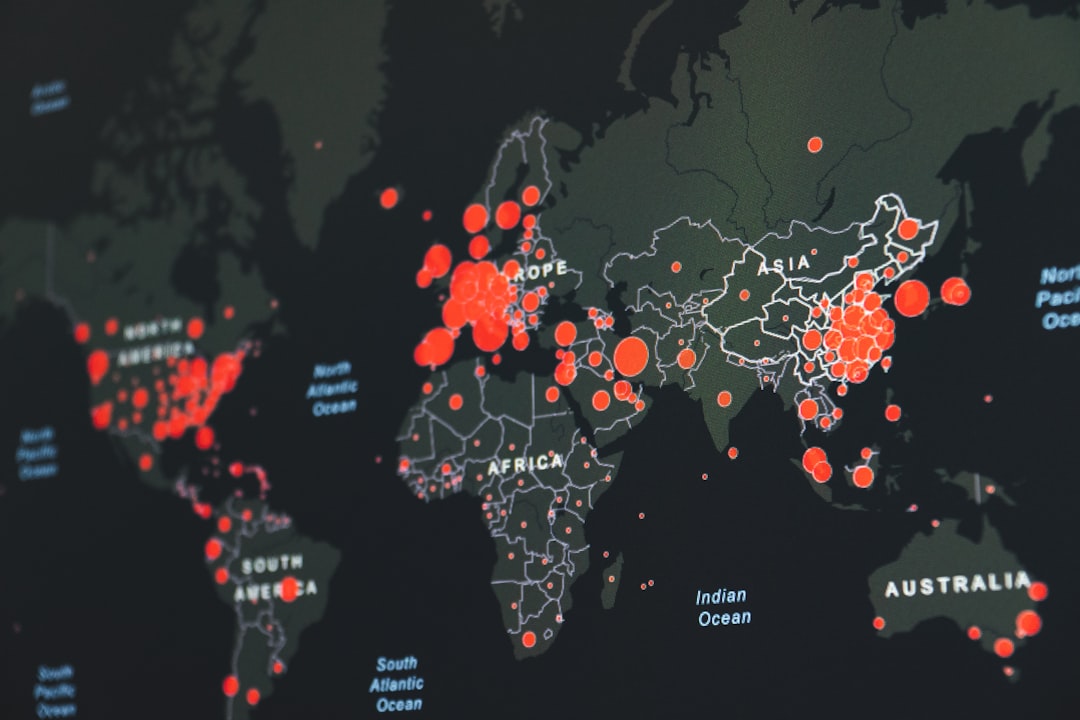What is it about?
A non-conventional marketing strategy is used by the owners of a not-for-profit code of practice, Fairtrade. People buy Fairtrade-branded goods because of the social discourse around it – what friends, newspapers, teachers and others tell them about what it guarantees, what it achieves and what is its social acceptability – rather than because of the advertising. The social discourse is favourable to Fairtrade but bears little relation to observable fact. Methods used by the brand owners and others to control and manipulate the social discourse are identified. JEL codes: L31, M14, M31, Q13. Keywords: business ethics; discourse; ethical marketing; Fairtrade; fair trade; marketing ethics; narratives; rhetoric; social discourse.
Featured Image
Why is it important?
This paper identifies one totally new approach to marketing. It is increasingly important when marketing foods and some other goods: facts cease to be important. It is central to marketing of political parties, religions, and fashion!
Read the Original
This page is a summary of: Marketing by Controlling Social Discourse: The Fairtrade Case, Economic Affairs, June 2015, Wiley,
DOI: 10.1111/ecaf.12123.
You can read the full text:
Contributors
The following have contributed to this page










